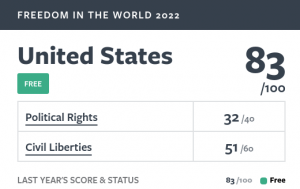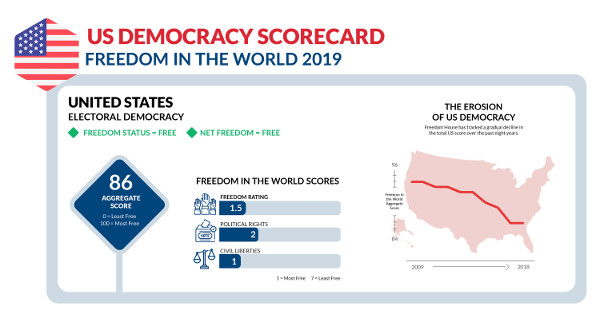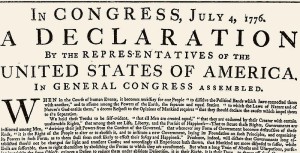The Internet holds a lot of promise for connecting people around the world. The problem is that it has been taken over by corporations for their benefit, not necessarily ours. What is needed is a social platform that is owned by the people that use it, without algorithms pushing content that is negative and often untrue.
A report1https://www.pewresearch.org/internet/2021/11/22/the-future-of-digital-spaces-and-their-role-in-democracy/, released in 2021 by the Pew Research Center, stated, of the 862 expert respondents:
61% said they either hope or expect that by 2035 digital spaces and people’s uses of them WILL change in ways that significantly serve the public good. However, because some wrote that this is merely their hope and others listed one or more extremely difficult hurdles to overcome before that outcome can be achieved.
Some of the hurdles are:
- Social media algorithms are the first thing to fix: Many of these experts said the key underlying problem is that social media platforms are designed for profit maximization and – in order to accelerate user engagement – these algorithms favor extreme and hateful speech.
- General public’s digital literacy needs improvement by informing and educating the public. People who better understand the impact of the emerging negatives in the digital sphere will become more involved and work to influence and motivate business and government leaders to upgrade public spaces.
- Humans are self-centered and shortsighted, making them easy to manipulate: People’s attention and engagement in public online spaces are drawn by stimulating their emotions, playing to their survival instincts and stoking their fears. Any new spaces that might be innovated and introduced can still be flooded with innuendo, accusation, fraud, lies and toxic divisiveness.
With these things in mind, I think there are many solutions already developed that can be used to create a new “Public Square”. There will probably not be one solution, but several applications or platforms for the public to interact to exchange information, discuss solutions, build consensus, and support implementation of the best solutions. My opinion is these platforms must be:
- Owned by the public: meaning non-profit organizations that implement, maintain, and support the platforms. Organizations must be answerable to the public. This eliminates the profit motive driving current social platforms to negative results. Financial support must come from a broad base to reduce concentrations of power and influence.
- Free and open-source: meaning that software would be developed in a open and transparent way, to improve trust, and available to any group of people to use for their benefit at low cost. This will also reduce lock-in that prevents people from changing platforms easily.
- Algorithms, used to select or promote content, are documented and ideally selectable.
To these ends, I am implementing a discussion forum to help accomplish these and other goals to improve democracy and society.


